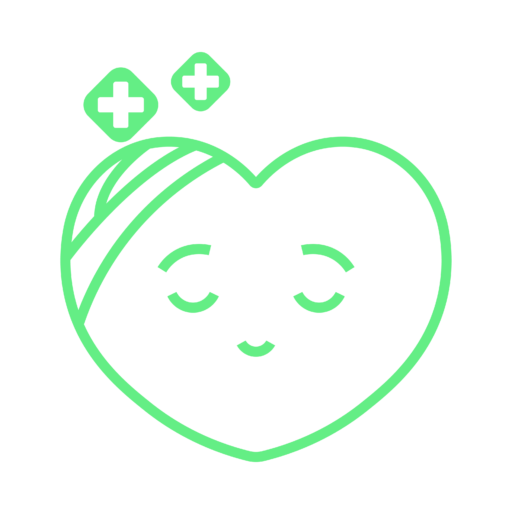A deep dive into Depression
Depression is a common mental health condition characterised by persistent feelings of sadness, emptiness, or hopelessness. It can significantly impact a person’s thoughts, feelings, and behaviors, making it difficult to cope with daily life.
Common symptoms of Depression
While the symptoms of depression can vary from person to person, some common signs include:
- Persistent sadness or low mood: This may feel like a heavy weight or a persistent cloud hanging over you.
- Loss of interest or pleasure in activities: Even things you once enjoyed may seem dull or unappealing.
- Fatigue or low energy: You may feel physically tired even when you haven’t been overly active.
- Changes in appetite or weight: You may experience a significant increase or decrease in appetite, leading to weight gain or loss.
- Sleep disturbances: You might have trouble falling asleep, staying asleep, or waking up too early.
- Difficulty concentrating or making decisions: Your thoughts may feel foggy or scattered, making it hard to focus or make choices.
- Feelings of worthlessness or guilt: You may believe you are a failure or that you’ve disappointed others.
- Thoughts of death or suicide: These thoughts can be overwhelming and frightening.
Causes of Depression
Biological factors >
Genetic predisposition, neurochemical imbalances, and hormonal changes can play a role in the development of depression.
Psychological factors >
Stressful life events, negative thought patterns, and unresolved trauma can contribute to depression.
Social factors >
Lack of social support, isolation, and discrimination can also impact mental health



